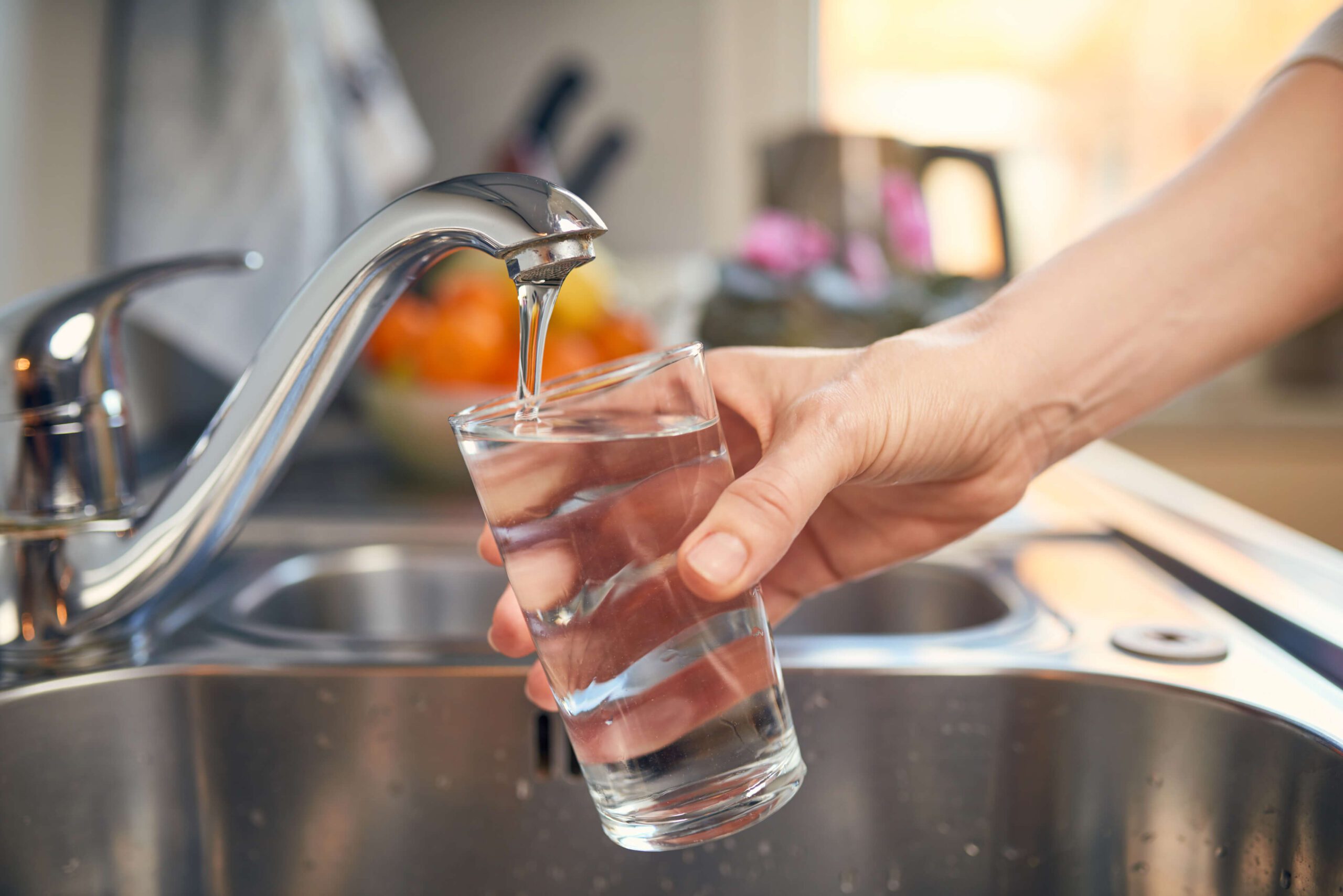Whether water comes from a plumbing fixture or a puddle on the front lawn, it’s all the same stuff, right? Well actually, water quality, which describes the condition of water, including its biological makeup and chemicals elements, varies depending on water’s source and prior treatments. This all matters for homeowners because water quality has implications for your health.
No matter if water is used for bathing, drinking, or watering plants, it should be in the most potable condition available. You may be asking yourself how the quality of water has anything to do with you. But the reality is the manner in which you live every day affects the condition of the water in your home and community. With this in mind, Quality Plumbing of Gainesville Inc. has four tips for improving residential water quality.
Install A Water Softener
The terms hard water and soft water refer to the amounts of minerals in water. Unlike the healthy minerals in the sparkling water sold at the supermarket, the minerals in hard water are mostly undesirable, especially the metal cations, which in high amounts can harm a person’s health. A water softener removes unwanted materials from water, making it healthier for consumption. Water softeners are typically smaller than water heaters and fit easily in a home. They’re also cost effective (imagine the money saved on bottled water alone) and can also be installed and maintained by plumbers in Gainesville.
Use Green Cleaning Products
Most household cleaners are made with harsh, hazardous chemicals. In the process of cleaning a home, you may inadvertently allow these products to be flushed down the toilet or washed down a sink or bathtub drain. This introduces the chemicals to the water supply, thus harming the environment and reducing water quality.
Using non-toxic, biodegradable cleaning products is a hassle-free way to clean your home while also preventing water pollution. Green cleaners can be purchased at most household goods retailers. Although, if you have no other option besides using a toxic cleaner, limit the amount of product that enters the water supply by mopping up the excess with paper towels or disposable rags and discarding it in sealed garbage bags.
Be Conscientious Around Storm Drains
Your ability to protect water quality doesn’t end at the property line. In addition to residential plumbing systems, many homeowners share with their neighbors centralized flood mitigation and wastewater treatment systems. Not far from your house or apartment, there is likely a storm drain. Water runoff from rain, sprinklers and hoses washes toxic chemicals on your property (motor oil, pet droppings, fertilizer) down the storm drain and into the water supply. By keeping the exterior of the property as chemical-free as possible, you can help maintain high water quality for yourself and the community.
Consume Less Water
Protecting the world’s supply of clean water is just as important as ensuring its high quality. Of all the water on earth, only one percent is accessible and potable. If water doesn’t pour out of clouds as rain or emerge from subterranean aquifers as filtered groundwater, then it must be purified through water treatment processes. Since water treatment centers consume lots of energy, reducing your water consumption helps shrink everyone’s carbon footprint.
Apparent water conservation efforts include taking shorter showers and washing only full loads of laundry or dishes. Another creative solution is to landscape a property with native Florida vegetation, since these often need less artificial watering than do non-indigenous plants.
Bonus Tip: Upgrade Your Plumbing System
One way to both conserve water and improve water quality is to upgrade your home’s plumbing system with new piping, an energy-efficient water heater, and low-flow plumbing fixtures. At Quality Plumbing of Gainesville Inc., we perform plumbing installations, maintenance, and repairs throughout the Gainesville area. Why guess as to whether your home’s plumbing system is providing the most potable water? Contact us to schedule an appointment and find out for sure.
